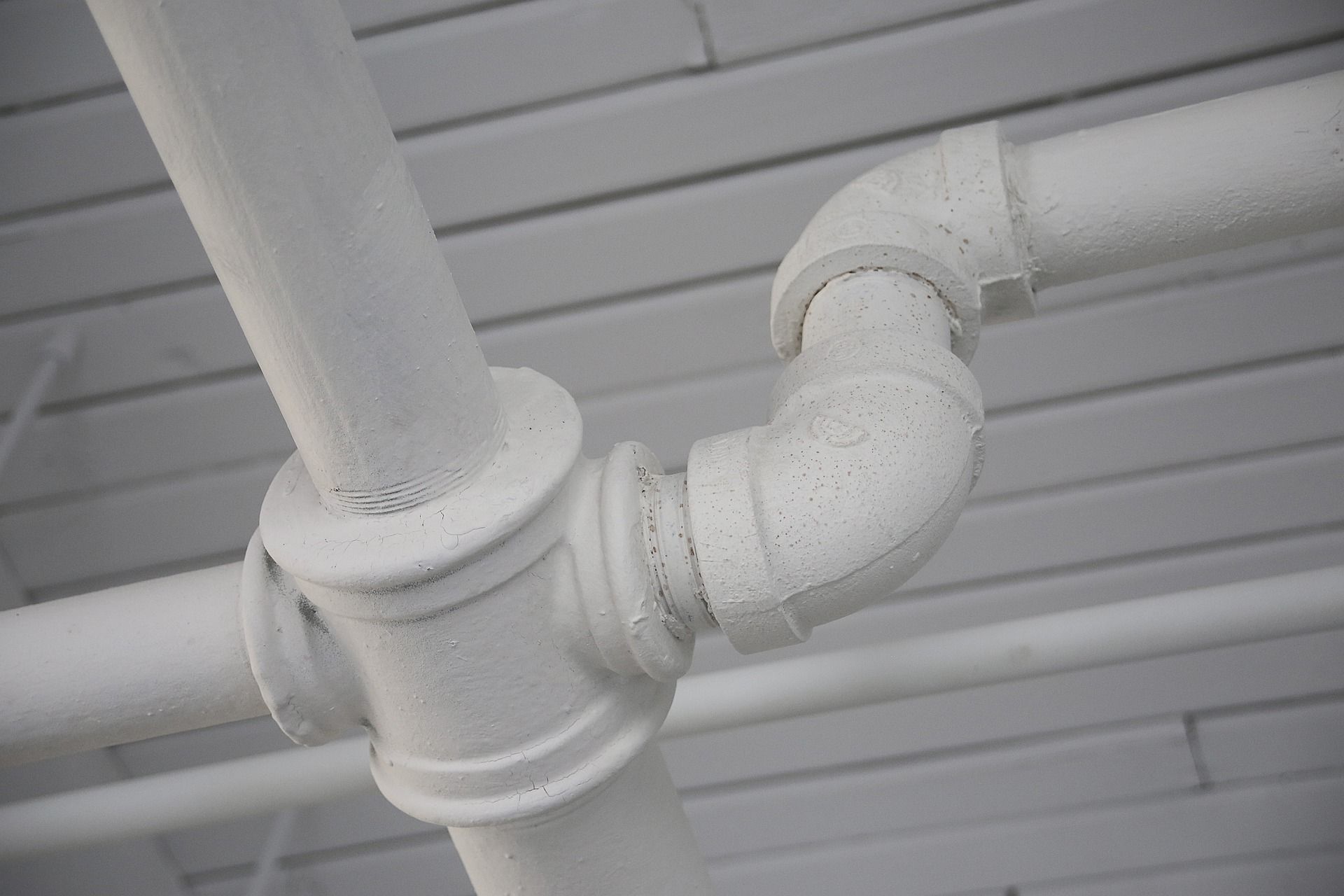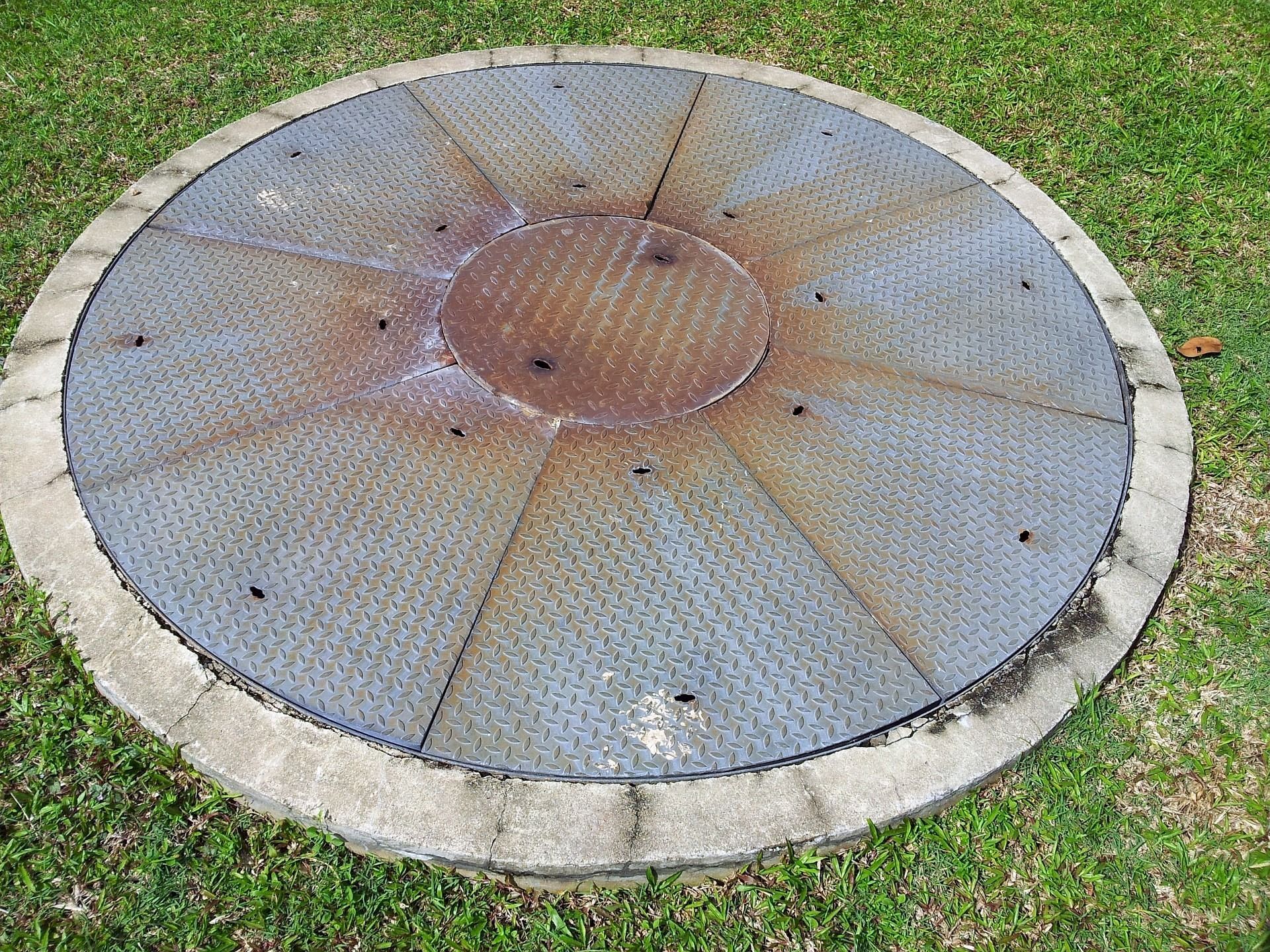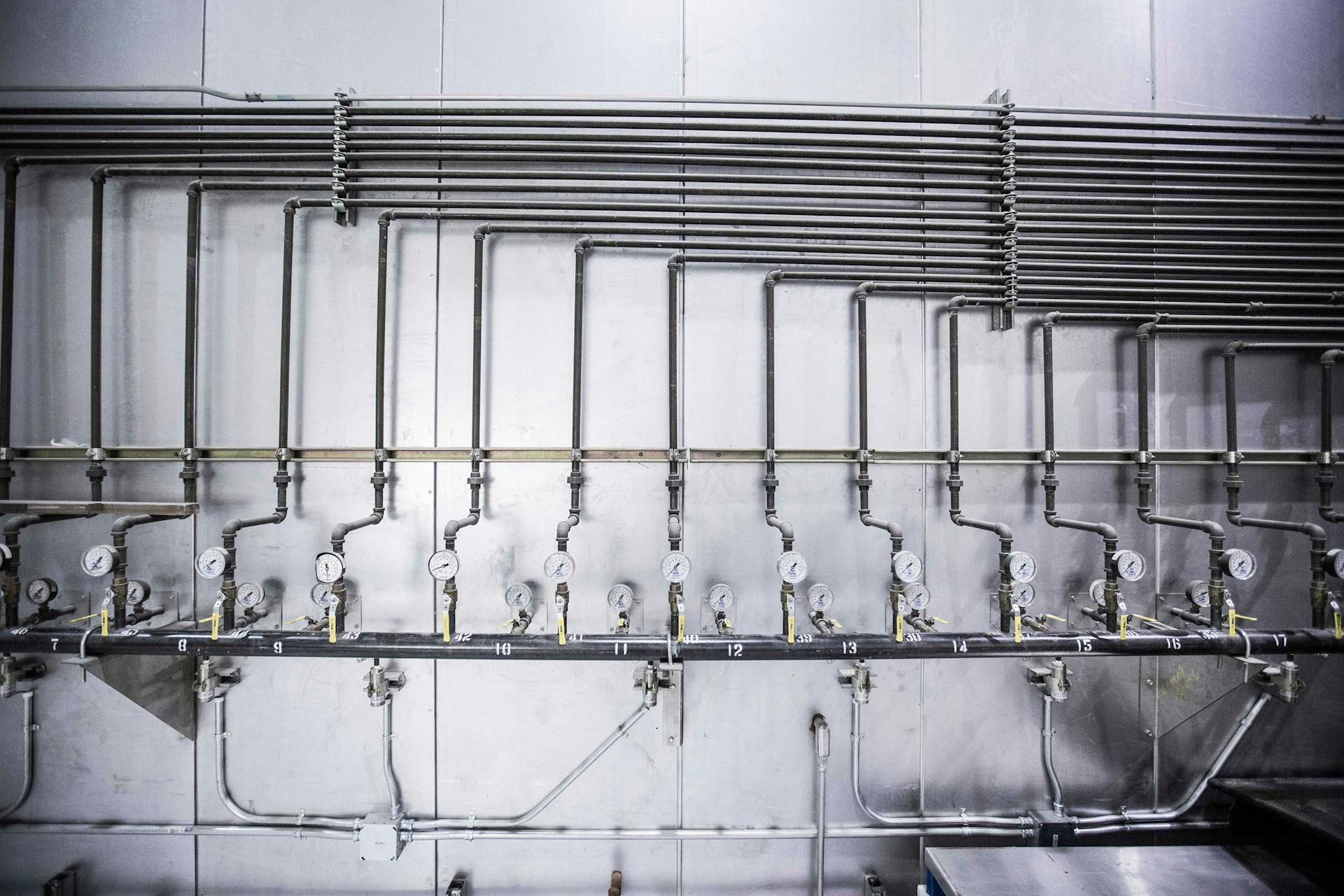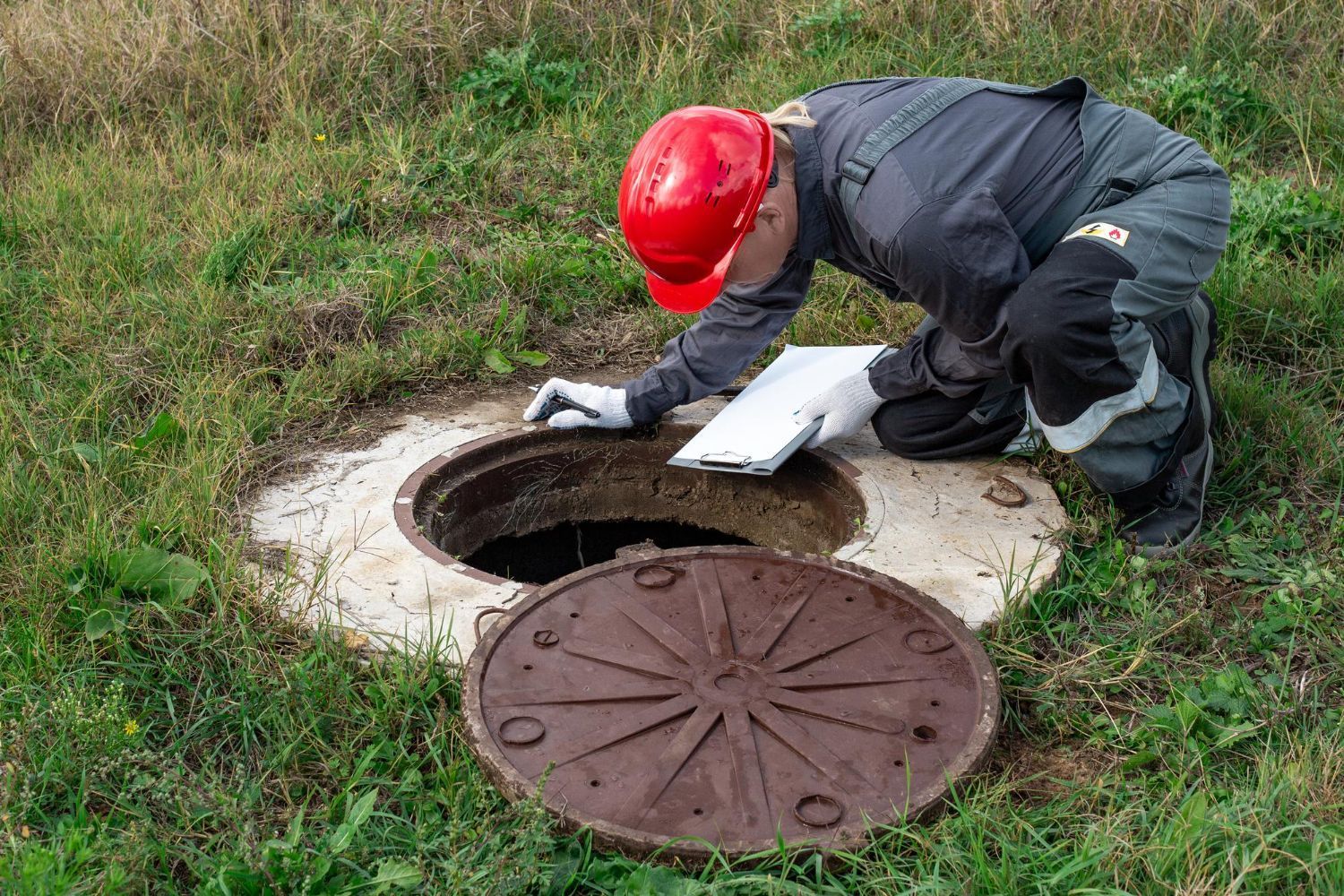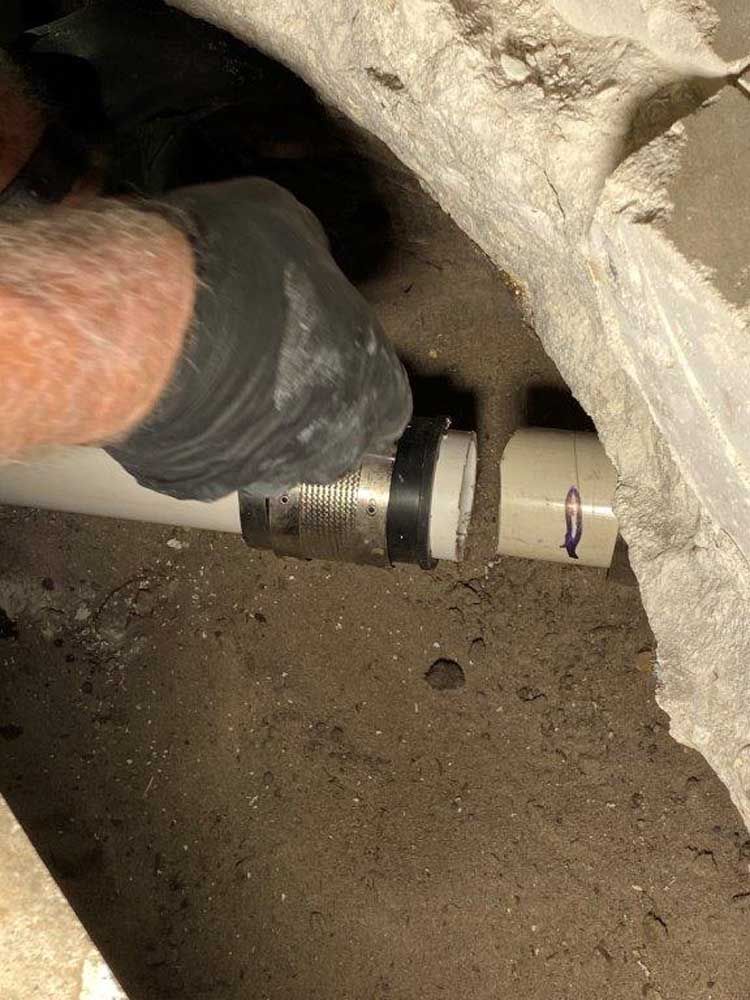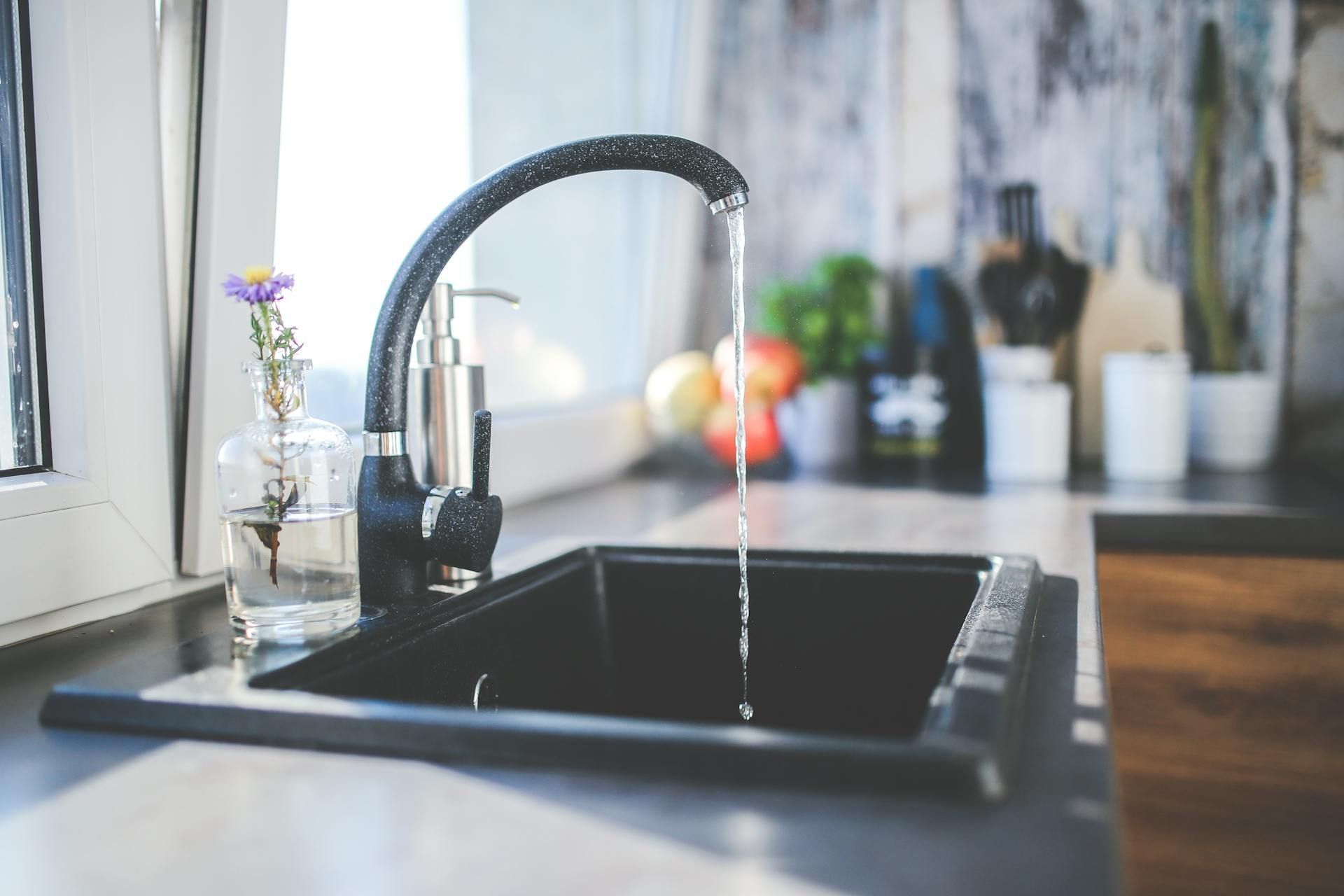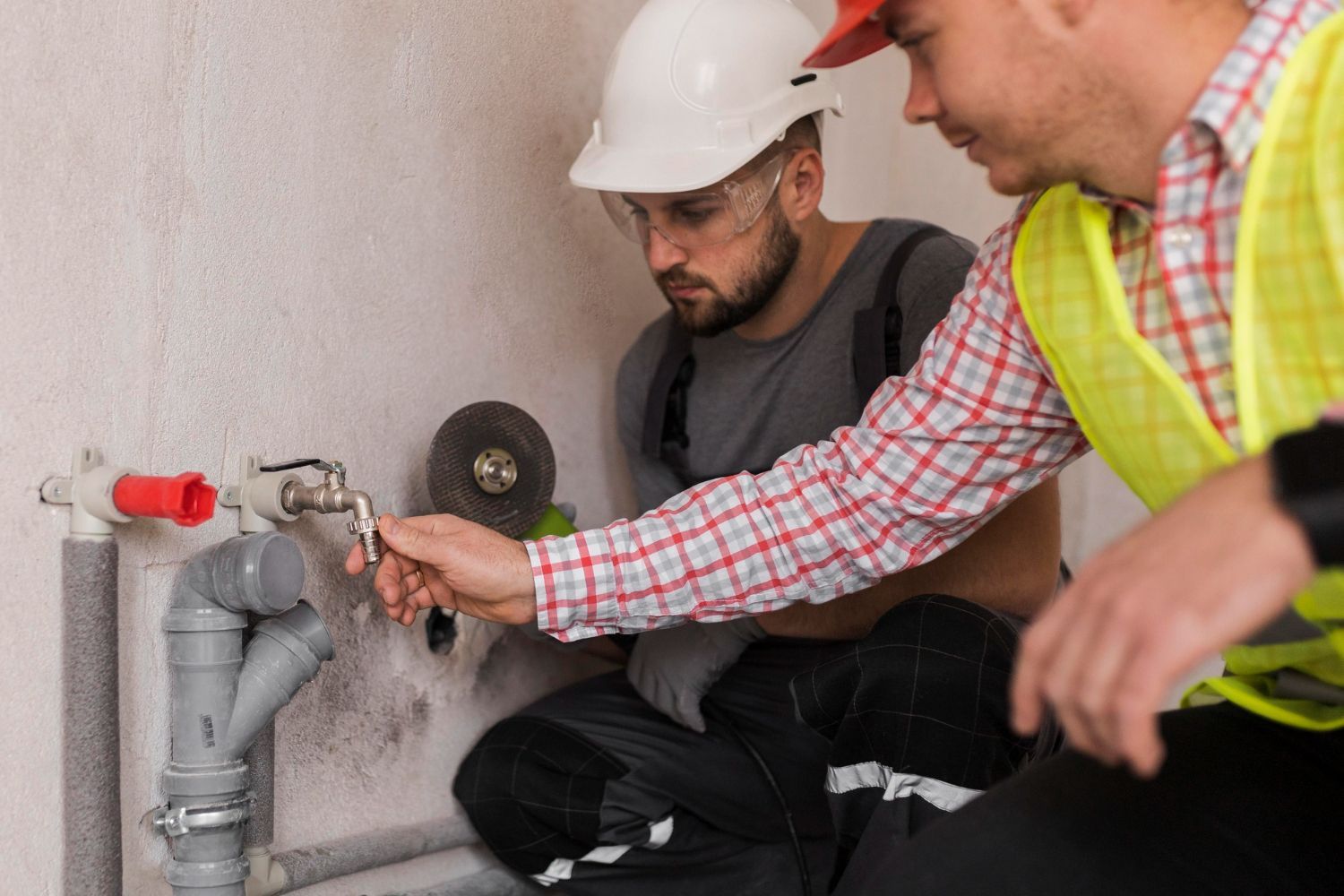How to Switch from Septic to Sewer System
If you're tired of dealing with septic system maintenance issues or constantly worrying about potential drain field failures, it might be time to switch to a sewer system.
Switching from a septic system to a sewer system is a significant decision for homeowners. Not only does it require careful planning and execution, but it also offers numerous benefits in terms of convenience, environmental sustainability, and property value enhancement. If you're considering making this transition, this will guide you through the necessary steps to ensure a seamless switch. So, let's dive in!
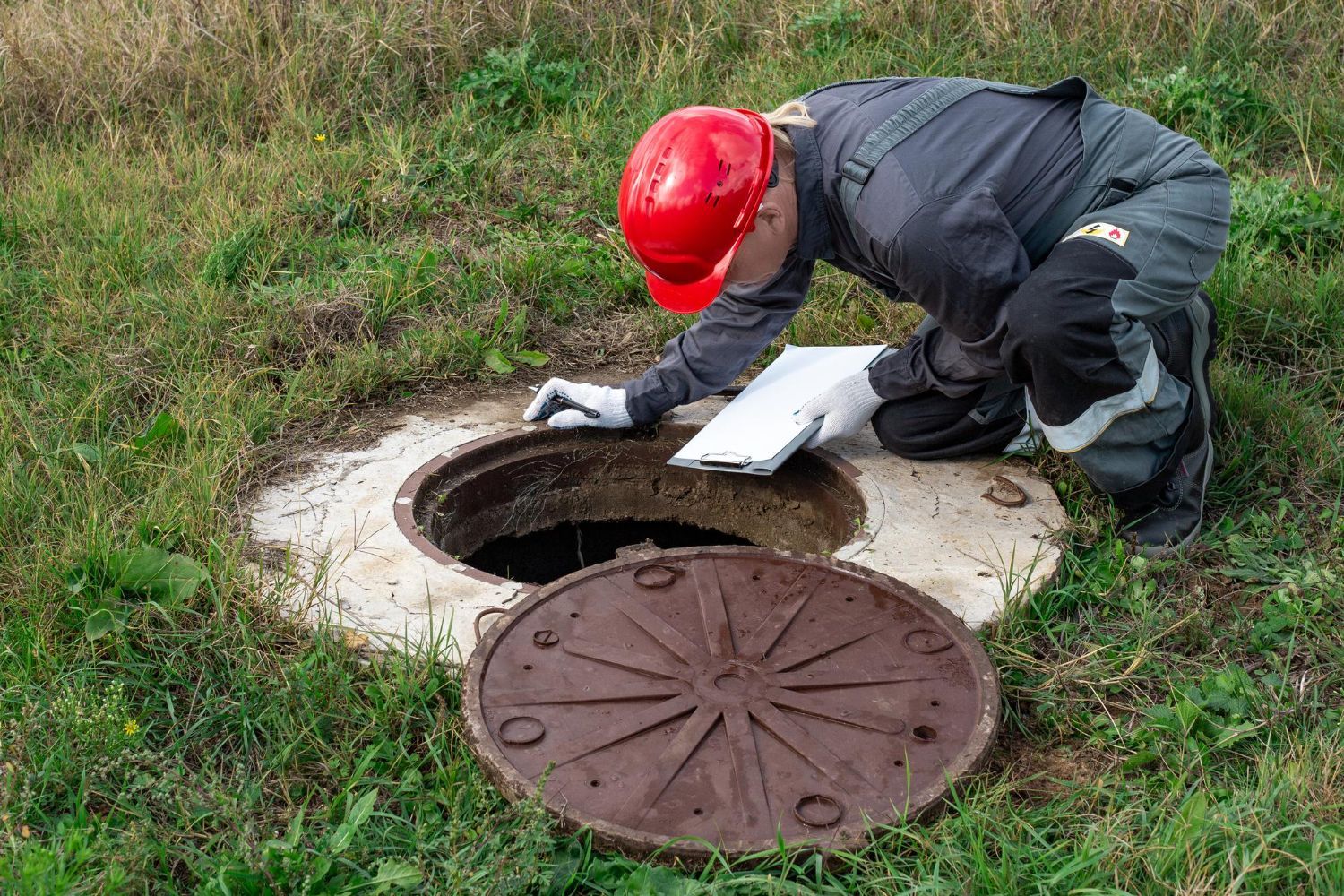
Slide title
Write your caption hereButton
Step 1: Assess Feasibility and Approach
Before making any commitments, it is essential to assess the feasibility of connecting to a sewer system. Research local regulations, as well as availability and proximity to the nearest sewer line. Contact your local municipality or relevant authorities to obtain information on the process and approvals required for making the switch. Understanding any limitations and determining the most suitable method for connecting will facilitate the subsequent stages.
Step 2: Find a Qualified Contractor
To execute a successful transition, it is crucial to find a well-reputed contractor experienced in sewer system connections. Seek recommendations from friends, neighbors, or local professional organizations. Request multiple quotes and consider factors such as their track record, expertise, and availability before making a final decision. Remember, quality work by a professional will ensure your sewer system functions optimally for years to come.
Step 3: Acquire the Necessary Permits
Obtaining the right permits is an essential step in the process. Reach out to the appropriate regulatory authorities and inquire about the permits required for switching from a septic system to a sewer system. This will typically involve submitting paperwork detailing your proposed plans, attending inspections, and paying prescribed fees. Be sure to comply with all regulations to avoid any legal complications down the line.
Step 4: Plan and Prepare for Construction
Once you have acquired the necessary permits, it's time to plan and prepare for the construction phase. Coordinate with your contractor to determine the timeline and potential disruptions during the installation process. Ensure proper access to your property, accounting for any trees, fences, or structures that may need to be temporarily relocated. Clear the path for construction by removing any obstructions or underground utilities that might hinder the process.
Step 5: Execute the Transition
Now that everything is in place, let the professionals take over and execute the transition from septic to sewer system. This process may involve excavations, laying new pipes, connecting your property to the main sewer line, and disconnecting the septic system. Coordination with your contractor is essential to ensure that timelines are adhered to, minimizing inconvenience caused by the construction activities.
Step 6: Post-Transition Care
Once the connection is complete, it's important to take some post-transition measures to ensure a smooth functioning sewer system. Educate yourself on any new maintenance requirements, such as regular cleanouts or inspections. Familiarize yourself with the location of your main sewer line cleanout, as well as any important shutoff valves in case of emergencies. This information will be useful in future maintenance or repairs.
Final Thoughts
Switching from a septic system to a sewer is undoubtedly a significant step towards modernizing your property, reducing maintenance concerns, and potentially improving the value of your home. However, it's crucial to carefully plan the transition and engage professionals to guide you through the process. By following the steps mentioned above and always adhering to local regulations, you can enjoy a seamless switch to a sewer system and leave behind the headaches associated with septic systems.
When you Should Convert your Septic to Sewer System
The process of converting from septic to sewer can involve permits, inspections, and excavation work, so be prepared for some disruption during the conversion process. However, the long-term benefits such as reduced maintenance, improved property value, and peace of mind make it a worthwhile investment.
If you find that your septic system is struggling to keep up with your household needs, is causing environmental concerns, or is burdening you with excessive maintenance costs, it may be time to consider converting to a sewer connection. Not only will it enhance the functionality of your home, but it will also contribute to the overall health and well-being of your surrounding environment.
Work with reputable professionals as well to ensure success.
Request a quote from
Two Anchors Plumbing.
Address: Stuart, FL 34997 | Phone: (772) 210-2084
Copyright © 2023 Two Anchors Plumbing, All Rights Reserved.


